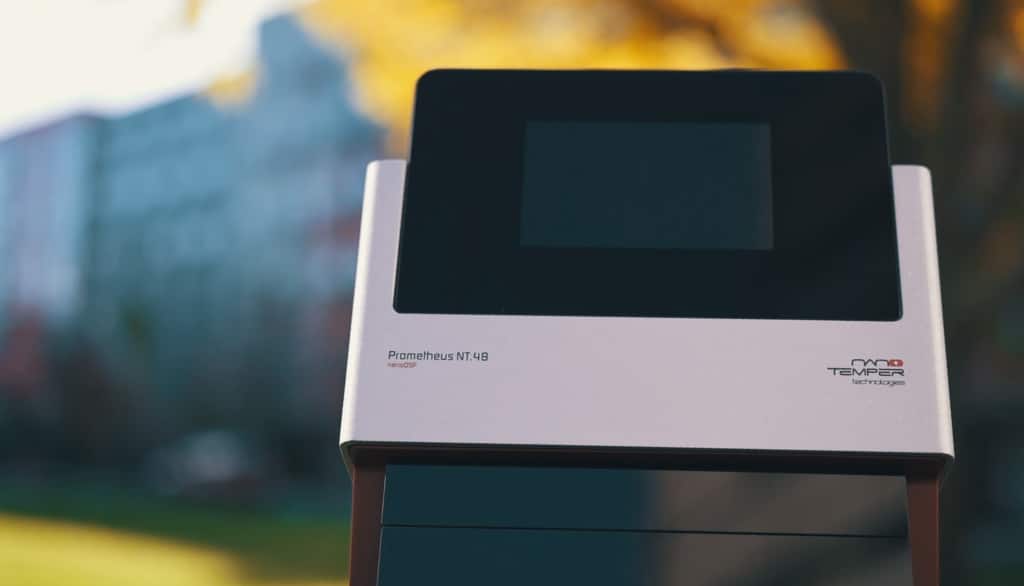Reach new heights: The new “gold standard” that precisely characterizes protein stability

How does a technology for characterizing protein stability achieve a “gold standard” reputation? By delivering results that matter. Researchers demand a tool that they can rely on and trust to give them the most accurate results about the stability of their protein.
PR (Prometheus) was introduced in 2015 to look at protein stability in a label-free way and uses only a tiny amount of sample. Since its inception, the adoption of the system has exponentially grown each year. There’s a reason for that: It’s been wholeheartedly embraced by the research community.
“We continue to challenge Prometheus with complicated proteins and formulations; and it keeps giving us reproducible, high-quality data that allows us to get high-quality therapeutics to patients faster.”
Donnie MacKenzie, BioMarin Pharmaceutical Inc.
Prometheus characterizes thermal and chemical unfolding, refolding and aggregation with previously unavailable degrees of precision, all in one system. It characterizes any protein — antibodies, enzymes, membrane proteins, and so much more. Researchers use Prometheus to optimize their assays and determine the best conditions to keep their proteins stable.
“We are impressed by the ease of use, low sample consumption, and wide concentration range, which makes it an ideal tool for our research.”
Dr. Werner W. Streicher, Novozymes A/S
Researchers traditionally use Differential Scanning Calorimetry, or DSC, instruments to monitor protein stability. The drawbacks of DSC include the need for large amounts of sample and large blocks of time required to run an experiment. Prometheus uses only microliter amounts of material and can run as many as 48 samples within 70 minutes. With Prometheus, test one, or up to 1,536 samples, in a single experiment.
“The unmatched resolution due to the high density of data points is very beneficial for antibody engineering projects. Multiple transitions can be identified and determined with high accuracy and reproducibility.”
Dr. Thomas Schubert, 2bind GmbH
Another commonly used method to examine protein stability, Differential Scanning Fluorimetry, or DSF, requires the use of a labeling dye to get a readout. The presence of dye can impact analysis, but Prometheus works dye-free.
How do ions, buffers, pHs and salts affect unfolding? What is the optimal storage technique? Prometheus has the answers and yields precise unfolding temperatures for (Tm and Tonset), critical denaturant concentrations (Cm), free folding energy (ΔG and ΔΔG), and aggregation results (Tagg).
“Prometheus allowed us to perform thermal stability screening on structurally very complex proteins not amenable to any other orthogonal biophysical technique.”
Dr. Michaela Blech, Boehringer Ingelheim Pharma GMBH & Co. KG
“Gold standard” is not an overused marketing blurb here — it’s a declaration by scientists that demand the most precise characterization of their protein’s stability.
